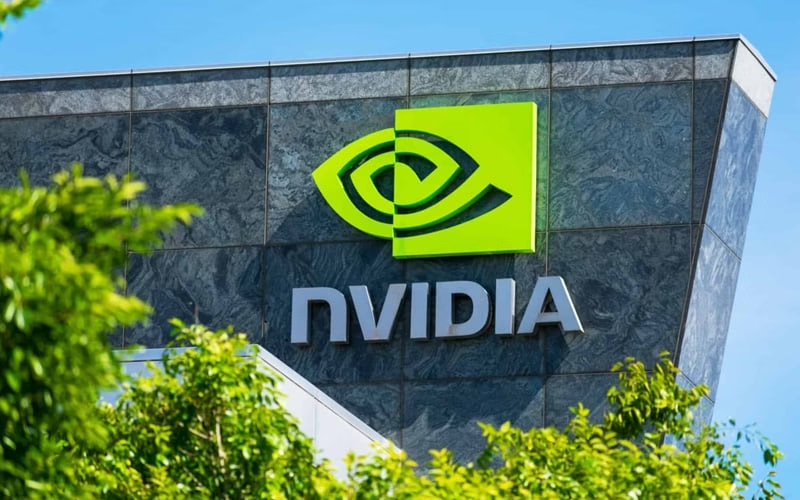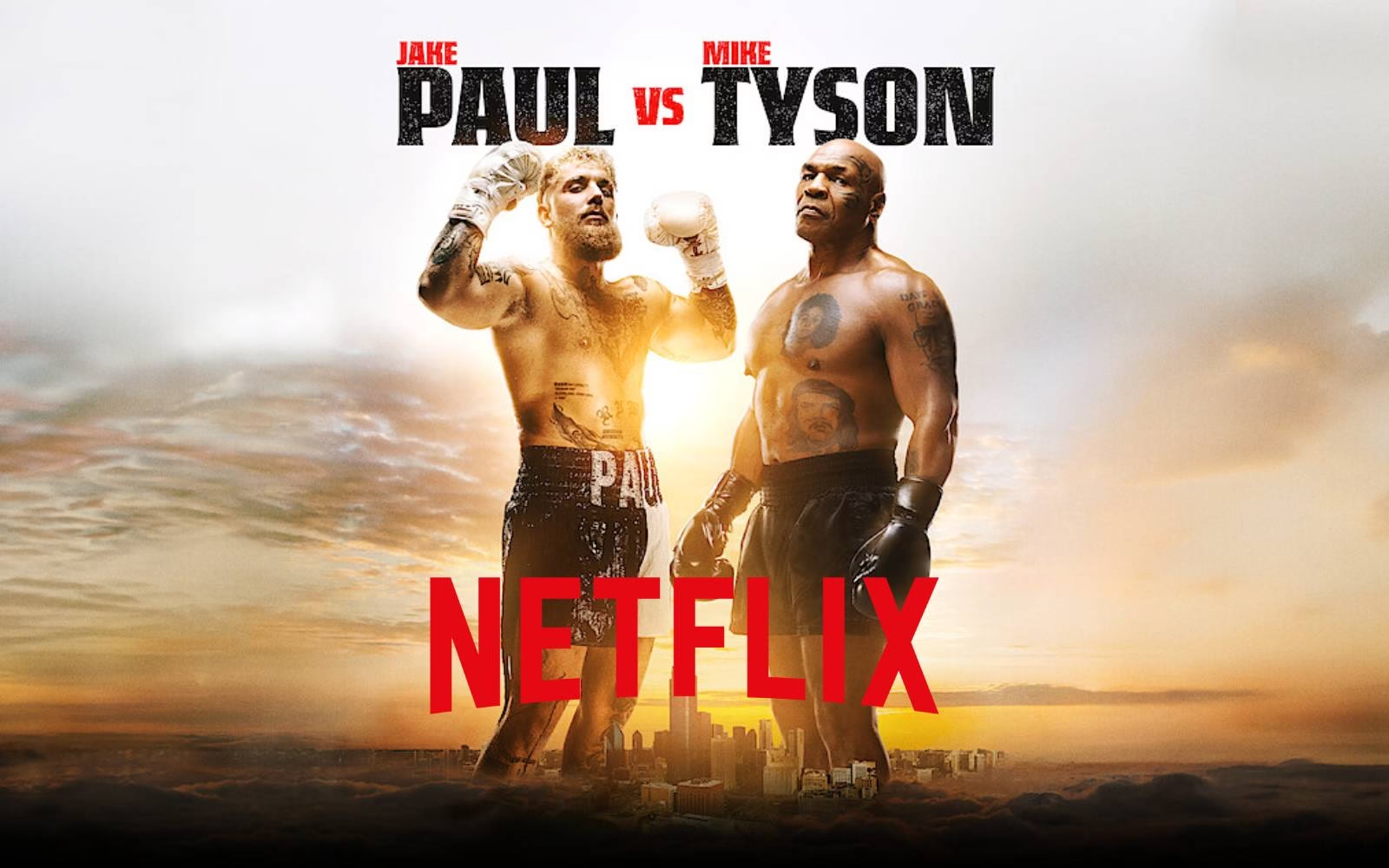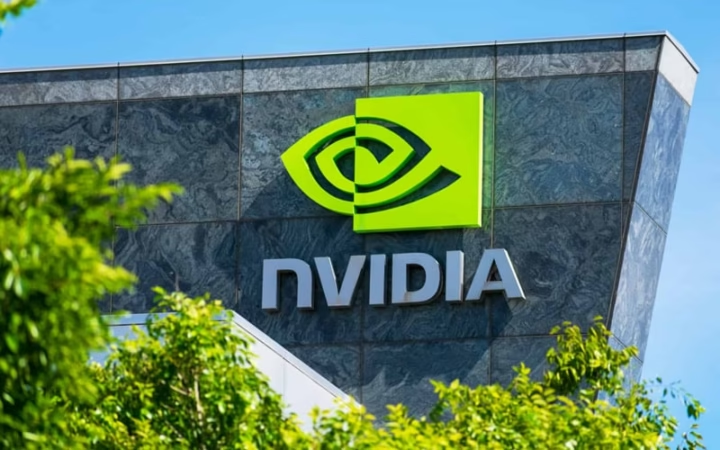Blockchain Technology and Its Potential Beyond Cryptocurrency: A Comprehensive Overview

Blockchain Technology and Its Potential Beyond Cryptocurrency: A Comprehensive Overview
Blockchain technology has attracted a lot of attention in the rapidly changing realm of digital innovation, partly because of its connection to cryptocurrencies like Ethereum and Bitcoin. Nevertheless, blockchain has many potential uses outside of the world of virtual currency. Blockchain has the potential to completely transform sectors in ways that were previously unimaginable, from improving supply chain transparency to transforming healthcare systems.

What is Blockchain Technology?
Fundamentally, blockchain is a distributed ledger system that is decentralized and intended to safely record transactions across several computers. Blockchain relies on a network of participants that jointly validate and record transactions, in contrast to traditional centralized systems where a single organization owns the data. Since no one person may change the ledger without the approval of others, this decentralization improves security, transparency, and trust.
Blockchain transactions are arranged into “blocks,” with a record of several transactions contained in each block. After then, these blocks are connected in chronological order to create a “chain.” The cryptographic hashing algorithms in place make it computationally impossible to change a block after it has been added to the chain, which gives it immutability and security.
Blockchain Beyond Cryptocurrency: Emerging Use Cases

Although the most well-known use of blockchain technology has been in cryptocurrencies like Bitcoin, its promise extends well beyond these virtual currency. The following are some important sectors where blockchain is having a big influence:
Supply Chain Management
Inefficiencies, a lack of transparency, and problems with trust between different stakeholders are common problems in supply chains. By offering an unchangeable and transparent record of each supply chain transaction, blockchain provides a solution. This guarantees authenticity, lowers fraud, and boosts logistics efficiency by allowing all parties involved—from producers to customers—to follow the flow of commodities in real-time. Companies like IBM and Maersk, for example, have streamlined supply chain processes and made them more transparent and safe by implementing blockchain-based solutions.
Healthcare
Blockchain has the potential to revolutionize the healthcare sector as well. For example, patient records are frequently dispersed among many institutions and systems, resulting in data fragmentation and inefficiencies. A unified, decentralized patient record system that gives people ownership over their own health data while granting authorized physicians access to current, accurate information may be established with the use of blockchain technology. Blockchain can also improve patient safety by streamlining procedures like pharmaceutical supply chain management, medical invoicing, and credential verification, which lowers fraud.
Voting Systems
Voting procedures and elections have always been susceptible to fraud, manipulation, and logistical issues. Because blockchain technology allows for verifiable and tamper-proof vote records, it has the potential to make voting more transparent and safe.
Each vote might be documented as a transaction on a distributed ledger using blockchain technology, guaranteeing that it is safe, transparent, and unchangeable after it has been submitted. Particularly in isolated or impoverished areas, this might greatly boost public confidence in the political process, lower fraud, and improve voting accessibility.
Intellectual Property and Copyright Protection
Intellectual property (IP) protection is still a big concern in fields like music, art, and literature. Blockchain technology can offer a transparent and decentralized method of IP rights management and verification. Blockchain can help guarantee that artists receive just compensation for the use of their work by keeping track of every transaction pertaining to an intellectual property, such as a music, artwork, or patent. Because every use of the IP will be tracked on the blockchain, it can also aid in preventing piracy and illegal copying.
Financial Services Beyond Cryptocurrency
Blockchain technology is becoming more popular in traditional financial services, even if its use in cryptocurrencies is well-established. For example, by doing away with middlemen like banks and payment processors, blockchain can make cross-border transfers quicker and safer. This speeds up the settlement process and lowers transaction costs, which is particularly advantageous for cross-border transactions. Furthermore, a variety of financial procedures, including trade settlements and insurance claims, are being automated and streamlined through the implementation of blockchain-based smart contracts, which are self-executing agreements with predetermined terms.
Real Estate
The real estate industry is notorious for its time-consuming and fraudulently prone paperwork-heavy procedures. By offering an unchangeable, transparent record of ownership and transaction history, blockchain can streamline real estate transactions. By guaranteeing that property titles are authentic, this lowers the need for middlemen like notaries and lowers the possibility of fraud. Furthermore, blockchain technology can help tokenize real estate assets, enabling fractional ownership and boosting market liquidity.
The Challenges of Blockchain Technology
Although blockchain offers several advantages, there are a number of obstacles to its broad adoption:
Scalability Issues
Scalability problems can arise in blockchain networks, particularly those that use proof-of-work consensus techniques. The network may grow slower and more costly to utilize as more transactions are added to the blockchain. Scalability is still a major barrier to the widespread adoption of blockchain, despite continuous efforts to address it through the use of sharding techniques and proof-of-stake structures.
Regulatory Uncertainty
Because blockchain technology is decentralized, it is frequently challenging to control. Around the world, authorities and governments are struggling to develop frameworks that safeguard consumers and encourage innovation. Blockchain initiatives may encounter legal obstacles in the absence of defined rules, and businesses may be reluctant to use blockchain-based solutions out of concern about possible compliance problems.
Energy Consumption
Concern has been raised about the energy usage of blockchain networks, especially those that use proof-of-work consensus. Large quantities of processing power are needed to mine cryptocurrencies like Bitcoin, which uses a lot of energy.

Even if more recent consensus models, like as proof-of-stake, use less energy, developers and policymakers continue to take the environmental effect of blockchain technology into account.
Adoption and Integration
Widespread integration and acceptance across several industries are necessary for blockchain to realize its full potential. However, because of the inertia of current systems, the difficulty of implementation, and the shortage of qualified personnel, many businesses are still reluctant to embrace blockchain solutions. Furthermore, in order to integrate blockchain technology, legacy systems in sectors like healthcare and banking could need to be significantly modified.
Conclusion
Beyond its present use in cryptocurrencies, blockchain technology has the potential to transform a number of other sectors. It is the perfect answer to issues pertaining to efficiency, openness, and trust since it can provide records that are safe, transparent, and unchangeable. Blockchain appears to have a bright future, despite some obstacles to overcome, such as scalability issues, regulatory concerns, and energy usage. The technology will have an influence on a wide range of industries, including supply chains, intellectual property management, healthcare, and finance, as it develops and becomes more widely accepted.
As blockchain technology advances, it becomes evident that its promise extends well beyond the world of cryptocurrencies. The technology provides an intriguing look into a future in which our digital infrastructure is built on decentralization, security, and openness.
You also may like: newstimzone.com/technology



















Quantum Computing: The Next Revolution in Technology
November 12, 2024[…] Blockchain Technology and Its Potential Beyond Cryptocurrency: A… […]